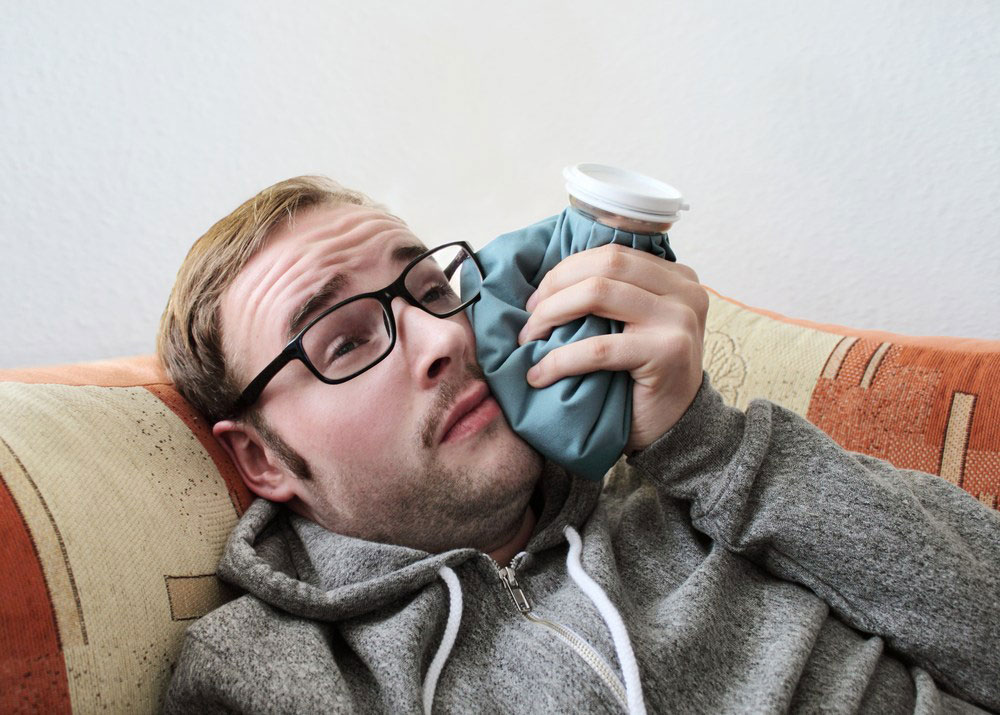What should I do in a dental emergency?
Image via Shutterstock.
We know that going to the dentist is not that high on a lot of people's priority lists (why would it be in Sydney when we're spending all of our time at the beach!) but there are certain times when it's a necessity, nay – a dental emergency. While we hope none of the following happen to you, here are some ways of dealing with these problems when they happen while you're on the way to the dentist to help make it easier in the long run.
Toothache: If you find that your toothache is quite persistent, that is a sure sign that you need to visit your dentist as soon as possible. To relieve it before your appointment, you should rinse your mouth out with water and attempt to clean any debris out from any cavities – use dental floss to remove food. If there is swelling around the tooth, apply a cold compress to the outside of the cheek. If you require pain medication, take it as directed – do not apply pain medication to the tooth as it will cause further problems.
Braces or retainers: If your cheeks or gums are being irritated by a wire, cover the wire with a small cotton ball, piece of gauze or soft orthodontic wax. If the wire is embedded in the cheek, do not attempt to remove it – go to the dentist or hospital immediately. If there is a loose or broken appliance, do not attempt to fix it – go to the dentist or orthodontist immediately.
Knocked out tooth/teeth: If the tooth is dirty, rinse it in milk, holding it by the crown (not the root). If there is no milk available, use water for a few seconds or have the patient suck it clean, then put the tooth back in the socket before you go to the dentist or hospital. If the tooth can not be replanted, wrap the tooth in cling wrap, place it in milk or in the patient's mouth inside the cheek. You will need to see an emergency dentist as soon as possible – within half an hour is ideal. The longer you take, the less likely it will be for the tooth to replant.
Broken tooth: Attempt to clean the debris from the injured area with warm water. If the breakage was caused by a blow, place a cold compress on the face next to the injured tooth to minimise swelling. If possible, collect all broken pieces and keep them moist while on the way to the dentist. It is possible for the broken bits to be bonded back onto the tooth almost invisibly.
Bitten tongue or lip: Apply direct pressure to the bleeding area with a clean cloth. If the area is swollen, apply a cold compress. If after doing this the bleeding hasn't stopped, go to the dentist or hospital.
Objects wedged between teeth: You can attempt to remove the object with dental floss. If this does not work, go to a dentist to seek removal.
While there are a few things you can do to ease the pain in a dental emergency, the most important thing you can do is go to the hospital or to a dentist as soon as possible to best repair the damage. For further enquiries about any of the above issues or other related dental emergencies, call Shore Dental on (02) 9953 1124 for more information.
If you enjoyed this post, you may be interested in learning about how to improve your overall dental hygiene here: /blog/post/dental-hygiene-a-glimpse-into-your-overall-health/


